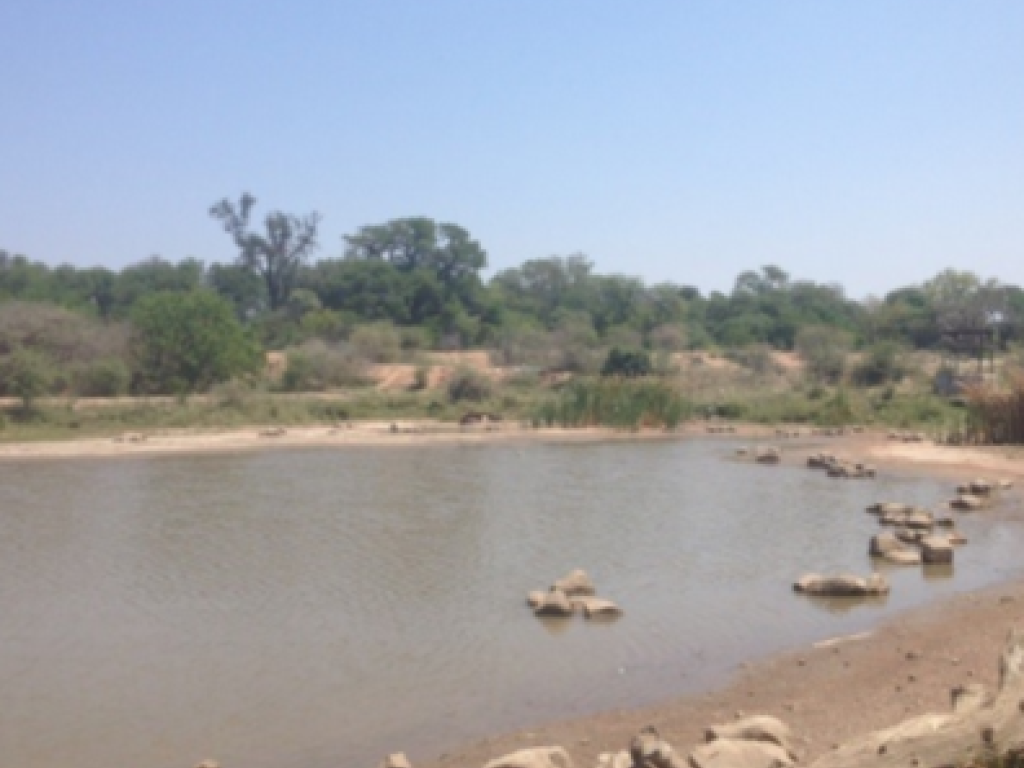Workshops can challenge stereotypes and change perceptions

By Teresa Perez, ASSAR Research Fellow, University of Cape Town
When I first started researching development projects in 2011, it was well established that community participation in decision-making was a must (although exactly who ‘the community’ referred to was ambiguous). Despite the advocacy of participatory development since the 1990s, I was surprised to see how little has changed: it remains very easy to ignore people who are located – geographically and socially – on the margins.
TSP workshops acted as a reminder that although involving more people slows down decision-making in planning processes, it is nevertheless important. In my research at ASSAR workshops last year, for some attendees the most valuable thing was that the workshops challenged hierarchical conventions and demonstrated what planning collectively might look like. What remained more difficult, though, was knowing how to conduct workshops in a way that enabled everyone to participate equally, regardless of language spoken or level of education.
Fundamental to the TSP process is that it aims to attract people with a sphere of influence. This means workshops largely involved people who were likely to already be part of an existing form of community consultation. Anyone who cannot afford to take time off from their multiple daily responsibilities (child care, housework, livelihood activities) would be unlikely to attend.
|
An unintended consequence of TSP is that it entrenches the existing power of gatekeepers, by relying on people in positions of influence rather than seeking out the involvement of ‘hard to reach’ populations. |
The workshops were designed to be inclusive of different perspectives, but activities were explained in English (albeit with translation) and involved significant amounts of reading. They were fast paced because of the need to complete numerous activities in order to reach a specific goal at the end of two days. This would have made it difficult for people who are illiterate, monolingual or have learning disabilities to fully participate, had they been invited.
However, unlike conventional participatory processes, TSP is not designed as community engagement or to ensure the inclusion of marginalised voices. Instead, these perspectives were voiced indirectly via representatives.
Therefore, an unintended consequence of TSP is that it entrenches the existing power of gatekeepers, by relying on people in positions of influence rather than seeking out the involvement of ‘hard to reach’ populations. (This stands in contrast to the approach taken by the ASSAR East Africa team who did not use TSP.)

View from the workshop venue in Botswana: the team at the University of Botswana went to great lengths to find a venue that was near to the local community and away from the trappings that affluent stakeholders may be used to.
|
By questioning why we do things the way we do, individuals were made to reflect on their existing assumptions about planning, decision making, and their place in the social system. |
However, the TSP process was a work-in-progress, significantly modified for each ASSAR location in light of the demands of the context and lessons learnt in ASSAR workshops over 2016/17.
What remained a constant throughout was the use of scenarios, which the ASSAR team hoped would change peoples’ knowledge and understanding of issues related to climate change adaptation. To a limited extent this happened, but there is far more evidence that workshops enabled individuals to think differently about planning in general.
By questioning why we do things the way we do, individuals were made to reflect on their existing assumptions about planning, decision making, and their place in the social system. This is in line with TSP’s notion of transformation as a method to change stakeholders understanding, rather than more academic definitions that assume transformation to be a paradigm shift.
For example, stereotypes about the centrality of experts and climate science, the limited agency of local people, and the notion that nothing can change without a government official, were all brought into question as a result of participation in the TSP process. The TSP process within ASSAR therefore contributes to existing academic and non-academic literature, which argues that changing perceptions is key to effective climate change adaptation.
My research in 2018 will focus on the extent to which these changes to individuals enabled people to collaborate in ways that they may not have considered before. Watch this space!
|
The TSP process within ASSAR contributes to existing academic and non-academic literature, which argues that changing perceptions is key to effective climate change adaptation. |
This article first appeared in the March 2018 ASSAR Spotlight